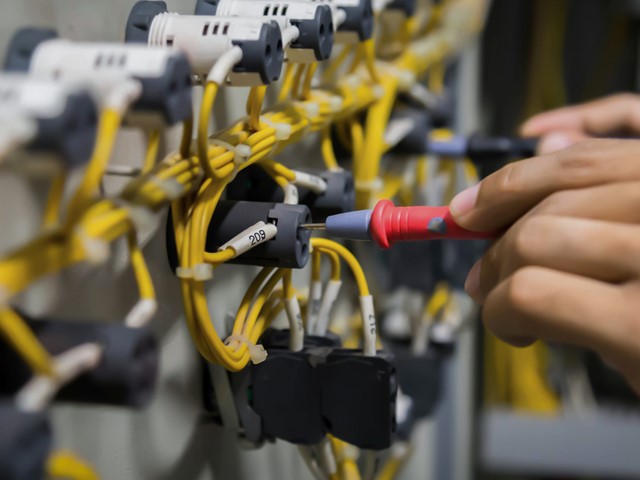Caring for a loved one who is suffering from an illness can be an incredibly rewarding experience. It allows you to provide essential support and comfort to the person who means the world to you. However, caregiving can also be emotionally challenging. The emotional toll of caregiving can lead to stress, anxiety, and burnout. In this article, we will explore the emotional aspects of caregiving, its impact on caregivers, and provide strategies to cope with these challenges.
Understanding the Emotional Toll
Caregiving often involves witnessing the suffering and deterioration of a loved one’s health, and this can take a significant emotional toll. Here are some of the key emotional challenges that caregivers face:
1. Stress and Anxiety
The constant worry about a loved one’s health and the demands of caregiving can lead to chronic stress and anxiety. Caregivers may constantly fear for their loved one’s well-being, which can affect their own mental health.
2. Guilt and Self-Blame
Caregivers often feel guilty, thinking they could have done more or that they are not doing enough. This self-blame can be emotionally draining and damaging.
3. Isolation
Caregivers may become socially isolated as they devote most of their time and energy to caregiving. This isolation can lead to feelings of loneliness and depression.
4. Grief and Loss
Watching a loved one’s health decline can result in feelings of grief and loss even before the person passes away. Caregivers may mourn the loss of the person they once knew.
Impact on Caregivers
The emotional toll of caregiving can have a profound impact on the caregivers themselves. It’s crucial to recognize and address these effects to provide effective support for caregivers:
1. Physical Health
Chronic stress and emotional distress can lead to physical health issues for caregivers. They may experience fatigue, sleep problems, and even compromised immune systems.
2. Mental Health
The emotional toll of caregiving can lead to depression, anxiety disorders, and other mental health issues. Caregivers may need professional help to manage their emotional well-being.
3. Relationships
Caregiving can strain relationships, as the caregiver may be less available for family and friends due to their responsibilities. This can lead to feelings of isolation and even resentment.

Coping Strategies for Caregivers
1. Seek Support
Caregivers should reach out to support groups, friends, and family members who can provide emotional support and assistance. They don’t have to go through this journey alone.
2. Self-Care
Taking care of oneself is essential. Caregivers should prioritize their own physical and mental well-being. This includes regular exercise, a healthy diet, and sufficient rest.
3. Set Boundaries
It’s crucial to establish clear boundaries and communicate your needs with others. Caregivers should not feel guilty about asking for help or taking a break when needed.
4. Professional Help
Sometimes, the emotional toll of caregiving can be overwhelming. Seeking professional help through counseling or therapy is a crucial step to coping with the challenges.
Conclusion
Caregiving for loved ones with illnesses is a noble and compassionate act, but it can be emotionally demanding. Understanding the emotional toll and its impact on caregivers is the first step toward finding ways to cope with these challenges. By seeking support, practicing self-care, setting boundaries, and, when necessary, seeking professional help, caregivers can provide the best care for their loved ones while also taking care of themselves. For further tips and information about caregiving for loved ones with illnesses, visit the site linked here to learn more.
Remember, you are not alone in this journey. Many resources and people are available to support you as a caregiver. Your emotional well-being is just as important as the care you provide to your loved one.





